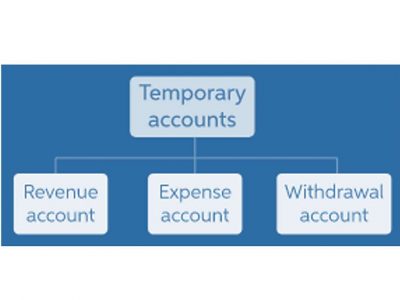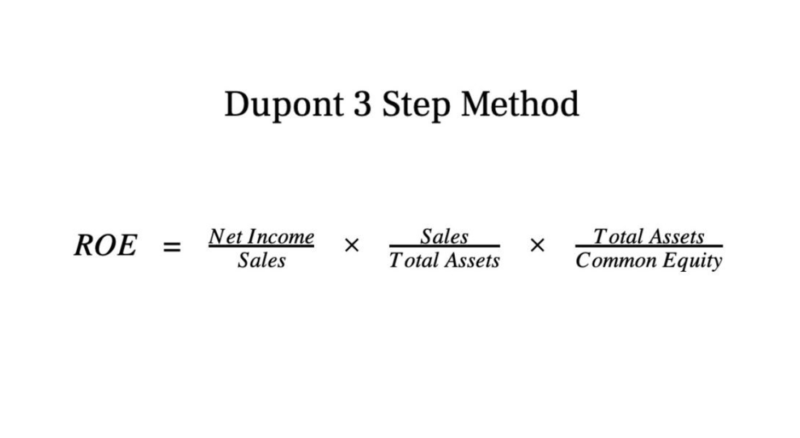
The customer should record an increase in its inventory at the same point (since the customer is undertaking the risks and rewards of ownership, which occurs at the point of arrival at its shipping dock). Also, under FOB shipping point terms, the supplier is responsible for the cost of shipping the product. Under FOB destination terms, the seller is responsible for the cost of shipping the product.
- However, in this case the seller has prepaid the shipping cost on behalf of the buyer and is now owed 5,600.
- Also, under FOB shipping point terms, the customer is responsible for the cost of shipping the product.
- The seller intends to bill the customer back for freight shipment payments, which may be added to an existing invoice or presented separately.
- FOB Origin, however, shifts the responsibility of the goods from the seller to the buyer once the goods are loaded on the vessel at the port of origin.
- FOB, while advantageous in many ways, comes with inherent transit risks, especially for the party responsible during the shipping.
Additional Shipping Terms

In addition, the customer should insure the goods during the in-transit period. FOB destination transfers the title of shipped goods when it arrives at the buyer’s specified delivery location—usually the buyer’s loading dock, post office box, or office building. As soon as the goods arrive at the buyer’s delivery location, the legal title of the goods transfers from the seller to the buyer. If something happens while the goods are on the delivery truck, the seller is responsible for them because it still legally owns them.
FOB Shipping Point: Meaning and Comparison with FOB Destination
It’s important to note that FOB Destination and FOB Origin are just two of many Incoterms that define the responsibilities of buyers and sellers in international trade. Other Incoterms include EXW (Ex Works), CIF (Cost, Insurance, and Freight), and DDP (Delivered Duty Paid), among others. Each Incoterm has its own set of rules and regulations that must be followed to ensure a smooth transaction. Read all contracts carefully, calculate potential costs, purchase insurance—and consider negotiating additional terms in your shipping or sales agreement to protect against losses. Unless there are additional terms in the shipping agreement, buyers handle any freight charges for FOB shipping point goods from when the shipping vessel departs to when they receive their purchase.

Risks and Disadvantages of FOB Destination
If you want more control over the shipping process, faster delivery times, and are willing to bear the costs and risks of transporting goods, then FOB Origin may be the best option for you. It’s essential to evaluate your business needs and weigh the advantages and disadvantages of both options before making a decision. This term can also result in faster delivery times, as fob shipping point the buyer has more control over the shipping process. However, the main disadvantage of FOB Origin is that the buyer bears the risk and cost of transporting the goods, making it less attractive to buyers who don’t want to take on that responsibility. Furthermore, if anything goes wrong during transportation or delivery, the buyer is responsible for any damages or losses.
Free on Board (FOB) Shipping Points: All You Need To Know
Under CPT, or “carriage paid to,” the seller pays for delivery of goods to a carrier or nominated location and assumes risks until the carrier takes possession. Because of this, misunderstanding FOB shipping point terms can be costly for buyers. Imagine you’re a small business owner who secures a deal to import antique furniture from an overseas supplier.

FOB Destination: Definition, Responsibility, Benefits, Cost + MORE
Point of Transfer in FOB Shipping Point
- If the Freight On Board is indicated as “FOB delivered,” the seller or shipper will be wholly responsible for all the costs involved in transporting the consignment.
- So, the inventory would be an asset in their books even though the goods hadn’t arrived yet.
- Therefore, the seller pays for the freight costs to transport the goods to the buyer’s location.
- This FOB destination term determines the seller to still has responsibility for goods being shipped until they reach the customer’s destination.
- FOB shipping points is particularly advantageous for businesses with specific operational models.
- The buyer records the purchase, accounts payable, and the increase in inventory on January 2 when the buyer becomes the owner of the goods.
Deixar um comentário
Você precise estar logged in para postar um comentário.